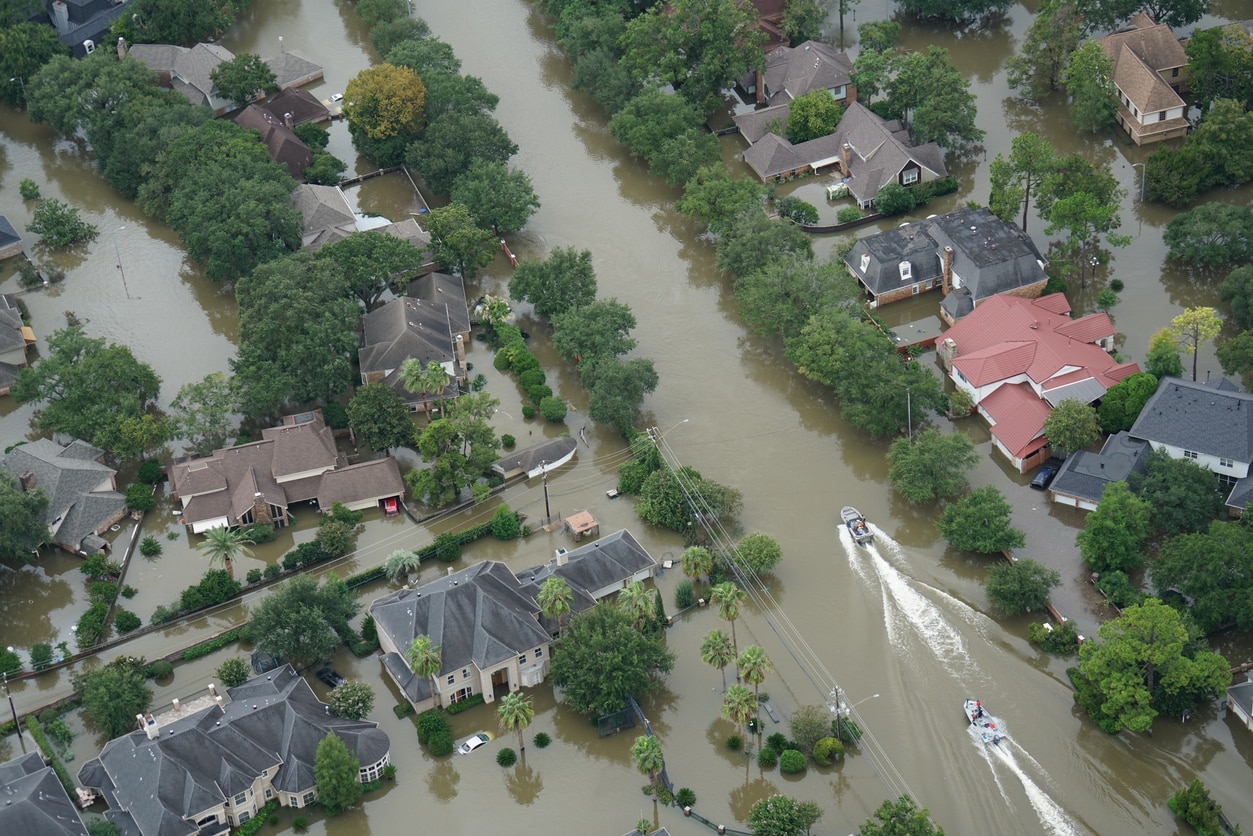After what seems like an endless stream of storms and natural disasters from one coast to the other, federal agencies are relaxing compliance and enforcement rules while everyone catches their breath. Title V of a new law, H.R. 3823, Pub. L. 115-63 covers emergency use of retirement funds by individuals and businesses affected by Hurricanes Harvey, Irma and Maria. Here’s how several federal agencies are responding.
Relief Authorized by the IRS
Current IRS rules and regulations limit the reasons for early withdrawals and loans from retirement plans such as 401(k) plans. The recent changes make it easier to obtain hardship distributions and loans for hurricane victims. They will now have access to their retirement accounts for emergency funds for themselves or to assist a child, parent, grandparent, or other dependent living or working in one of the affected areas.
Also, the law allows sponsors of single-employer defined benefit plans some extra time to make fund contributions and to file the required notices. The IRS has moved up the contribution deadline to January 31, 2018, for Texas and Florida employers affected by hurricanes Harvey and Irma. They’ve done the same for the deadline for filing the required, actuarial certification of the funded status and IRS Form 5500.
Relief Authorized by the DOL
The Department of Labor also regulates pension and health plans. It has offered up some relief for hurricane victims and employers, especially when filing benefit claims and COBRA extensions.
- Even if your place of employment has closed because of the hurricane, you are still covered under the employer’s health plan. If you are required to make a contribution payment, call the plan administrator to find out where to make the payment.
- If it is impossible to contact your plan administrator at your employer’s office, contact 1-866-444-3272 to speak to a DOL benefits advisor.
- If you think you may lose your health care coverage because of the hurricane, you may have other options:
- Consider requesting special enrollment in your spouse’s plan within 30 days of losing eligibility of your main coverage.
- COBRA continuation coverage
- Individual health coverage
- Health insurance through a government program at HealthCare.gov
- Ask your former employer, if it has closed because of hurricane damage, whether your retiree benefits may be affected.
The DOL notes that the guiding principle for employers must be to act prudently and in the best interest of the workers and families. Employees and their families rely on these insurance plans to maintain their health and well-being. Plan administrators and fiduciaries should make “reasonable accommodations” to prevent families from losing their health insurance coverage and other benefits in hurricane-affected locations if they are unable to comply with time frames and payment deadlines.
Additionally, if employers can’t make their contributions on time because of the hurricanes, they won’t be penalized if they live in the hurricane-impacted areas. Employers also won’t be penalized for failing to file timely notices of blackout periods. A blackout period is when an employer restricts an employee’s ability to manage or direct their own investments or obtain a loan or distribution from their fund.
Relief Offered by the PBGC
The Pension Benefit Guaranty Corporation (PBGC) was created by the Employee Retirement Income Security Act of 1974 (ERISA). The PBGC is an independent government agency designed to help the providers of voluntary, private pension plans remain viable and collects premiums from defined benefit plans. The PBGC is waiving plan insurance premium penalties, but not interest charges on late payments, from plan sponsors in Florida and Puerto Rico. Sponsors can make premium payments through January 31, 2018 without incurring a penalty.
The PBGC has extended deadlines in Florida and Texas for reporting plan terminations, reportable events notices and annual employer reporting.
Be Certain to Remain in Compliance
Several agencies have acknowledged the breath and scope of the recent natural disasters and the effect they’ve had on ERISA compliance across the board. The Department of Labor notes that benefit plan administrators, employers service providers, and employees especially may not be able to comply with the rules for processing claims and other benefits. Employees can also reference the FAQ recently released by DOL.
If you have questions about whether recent rule changes affect your plans and benefits, we can help you sort through the various deadlines and procedures. Contact us to set up a consultation and review of plan requirements.



